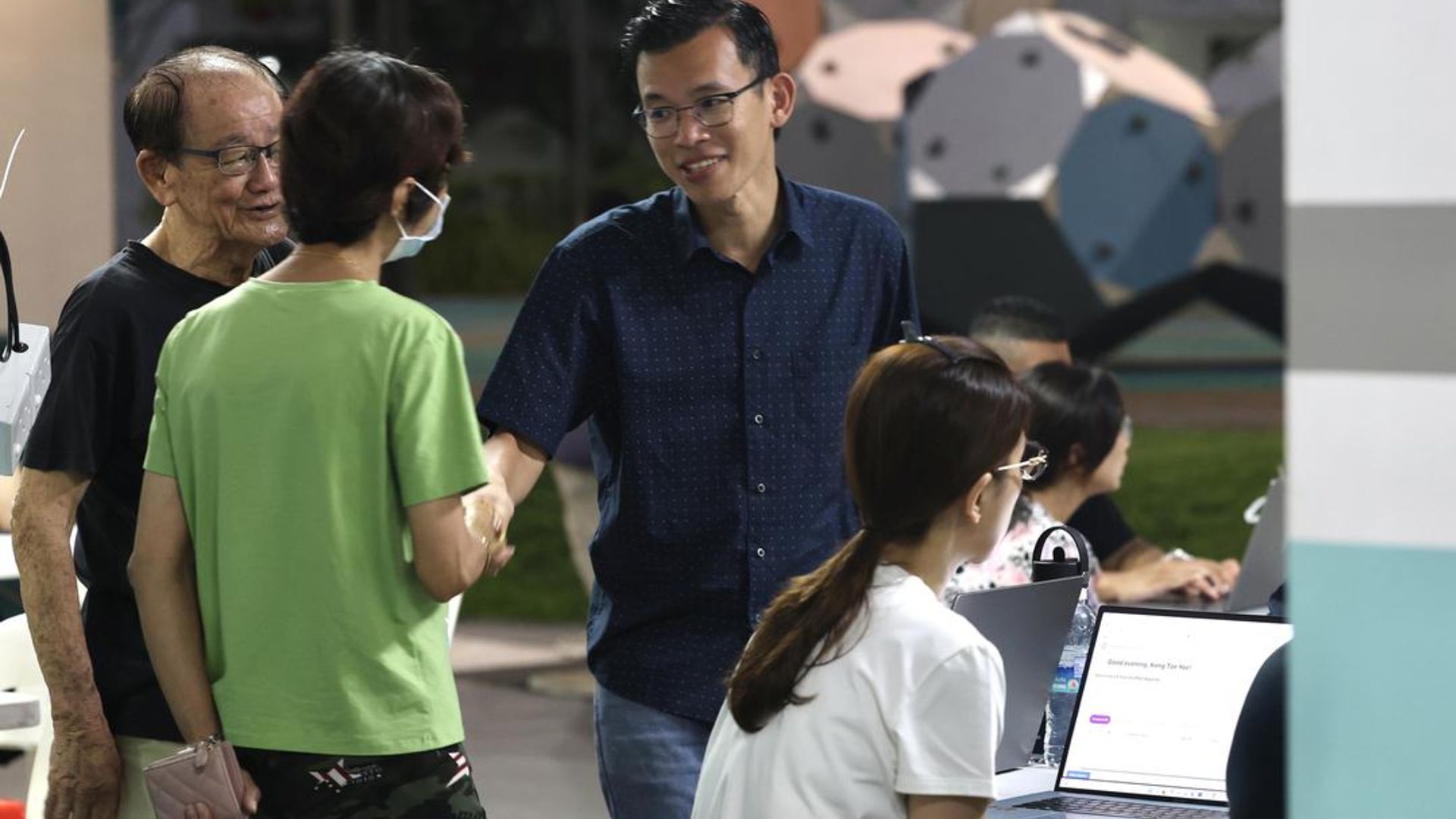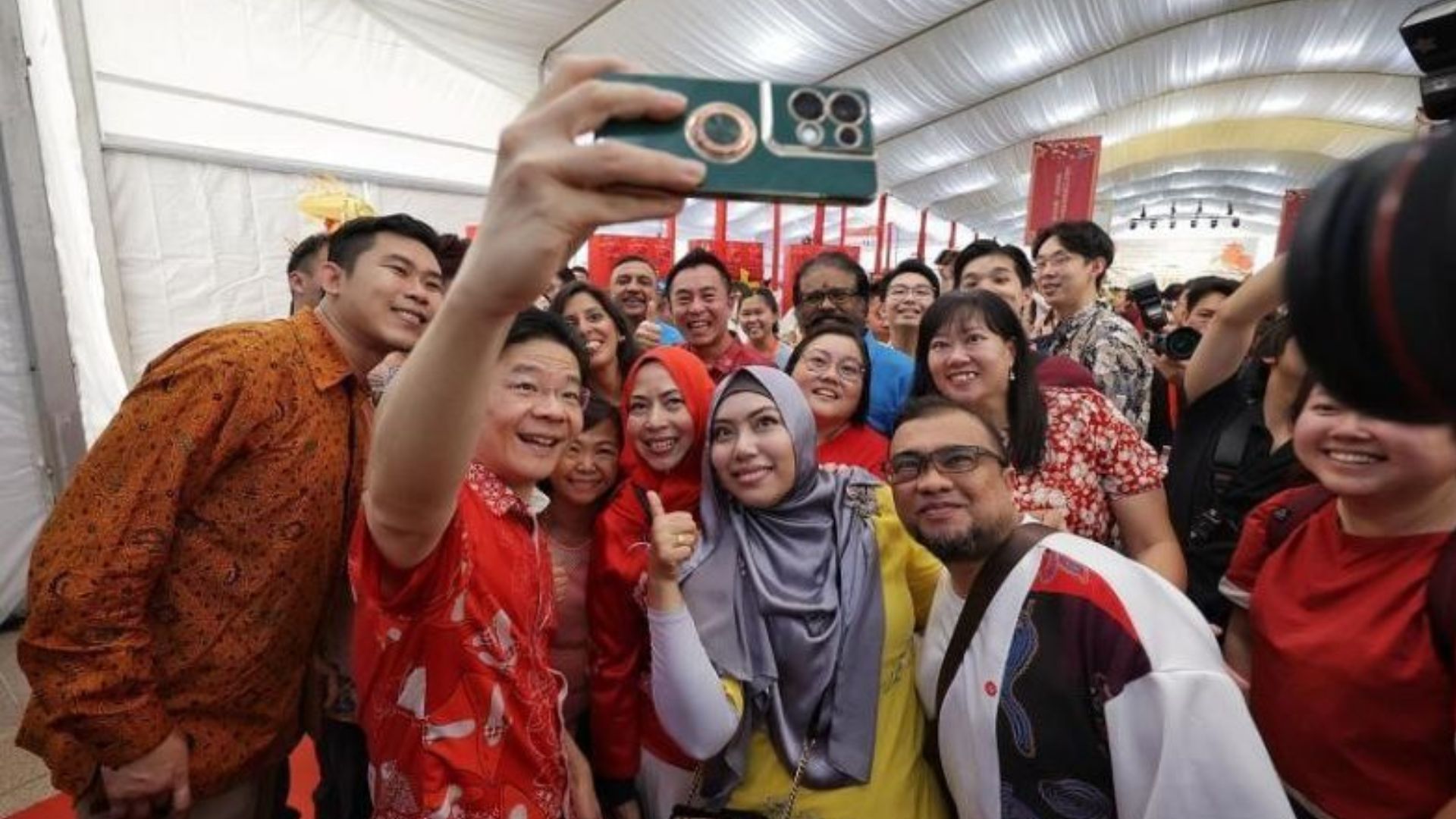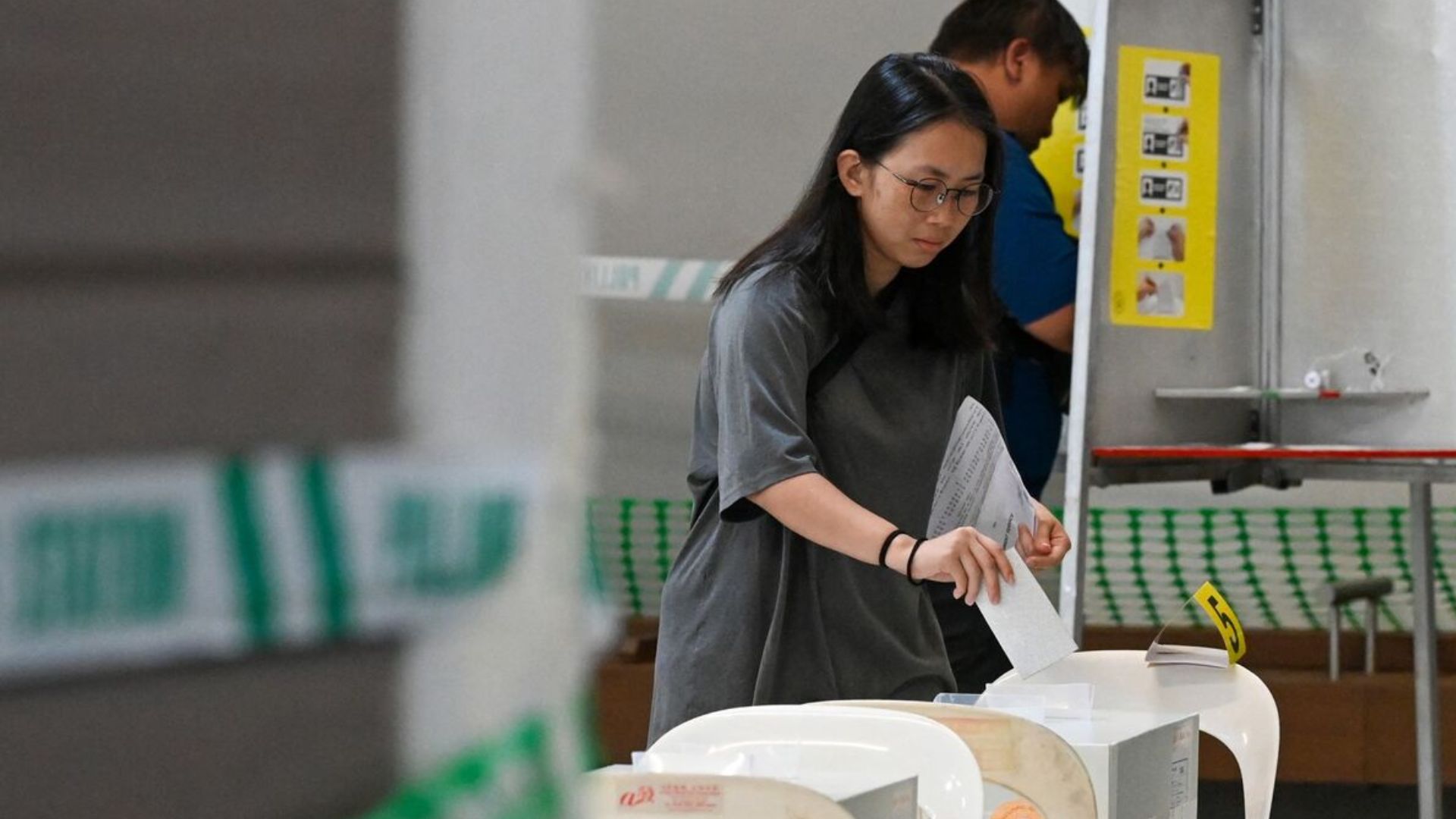Singapore’s General Election 2025 delivered what some have called a stunning reversal of momentum for the opposition. Far from the modest gains many observers had anticipated, the ruling People’s Action Party (PAP) stormed to victory, securing 87 out of 97 parliamentary seats and 65.6% of the popular vote—its best showing since 2011.
Much has been written in the days since about why this happened. Analysts have converged on four key factors:
-
The Lawrence Wong Effect – A smooth leadership transition and the appeal of a relatable, competent new Prime Minister gave voters a safe reason to consolidate support around a refreshed PAP.
-
Economic Stewardship – Amid global uncertainty, voters credited the PAP with sound management of inflation, subsidies, and job security.
-
Opposition Fragmentation – Too many parties, three-cornered fights, and inconsistent ground strategies left voters confused and unpersuaded.
-
Desire for Stability – A risk-averse electorate chose certainty over experimentation, especially in uncertain times.
These are valid and well-documented explanations. But beneath them lies a quieter, more grounded truth—one that reveals much about the real rhythm of Singapore politics:
“The real rhythm of Singapore politics isn’t opposition vs government. It’s familiarity vs unfamiliarity.”
Voter Familiarity and Local Presence Still Decide Elections
For all the talk of national policies and leadership charisma, what seems to matter most to many Singaporeans is something far more personal:
“Who do I know, and who have I seen doing the work on the ground?”
In an election where emotions ran low and technocratic arguments were abundant, this simple metric of trust—based on familiarity and consistent visibility—proved decisive. In many wards, voters stuck with the faces and parties they recognised. And this almost always favoured the PAP.
Despite some public frustrations with national policy—rising living costs, housing affordability, income gaps—many voters ultimately looked around their neighbourhoods and saw familiar PAP MPs and branch activists who had been present for years. They had helped fix estate issues, assisted with municipal appeals, attended funerals, distributed groceries during COVID-19, and anchored their party’s presence in the lives of residents.
By contrast, many opposition candidates—even promising ones—only appeared prominently during the campaign period, often with no prior local engagement or visible track record. As a result, even well-articulated policy platforms or fiery speeches couldn’t compete with years of day-to-day connection. When it came to the ballot box, voters chose the devil they knew—not necessarily out of fear, but out of familiarity.
“Ultimately, voters chose the devil they knew—not out of fear, but out of familiarity.”
This is not a sign of voter immaturity. In fact, it may reflect a certain pragmatic maturity—an understanding that the MP, not the manifesto, will be their first line of support in everyday matters.
But it does raise uncomfortable questions.

Is Local Familiarity Enough in a Global City?
While many voters prioritise practical, local concerns—such as housing maintenance, healthcare access, or school placements—Singapore is also a deeply globalised, cosmopolitan society. Decisions made in Parliament affect not just potholes and town councils but also climate policy, foreign labour, taxation, AI regulation, and national identity.
And here lies the tension: If voters continue to base their decisions primarily on municipal visibility and party branding, does that limit Singapore’s ability to mature politically? Can we evolve as a democracy if the dominant criterion is “who came to my block party” rather than “whose ideas best secure our collective future”?
Frankly, the PAP is not likely to answer this question for us. As long as familiarity and legacy deliver electoral wins, there is little incentive to elevate political discourse or voter literacy beyond the current model.
This is why it is crucial for the opposition to change its approach if it is serious about building an alternative vision.
“It’s not enough to win votes by fixing pipes. We must ask: who best shapes our future?”

The Opposition Must Go Local—And Stay There
Singaporean voters don’t need grand promises or new slogans. They need opposition parties to show up, stick around, and serve—long before the next election.
Forget “proposing better policies” or “challenging the government in Parliament.” Opposition candidates who want to win in 2030 must start by being present in the communities they wish to represent. That means:
-
Setting up permanent local branches and walkabouts.
-
Supporting vulnerable families, not just through advocacy but through tangible assistance.
-
Organising block parties, recycling drives, reading programmes, and grassroots events.
-
Building relationships with residents through authentic, sustained engagement, not just campaign flyers and walkabouts during the 9-day election window.
This isn’t retail politics. It’s relationship-building. Only when voters see the opposition as their people—not just the other party—will they feel safe enough to shift their support.
“Opposition parties don’t need to shout louder. They need to stay longer.”
A More Sophisticated Electorate Benefits Everyone
At the same time, Singapore needs to raise the bar for political discourse. It should not be acceptable that macroeconomic policy, geopolitical risk, or national strategy take a backseat to local repairs and banners. We must trust that Singaporeans can understand big-picture issues if we try to explain them clearly and respectfully.
This is where both the PAP and the opposition have a role to play. The PAP must stop assuming it is the only adult in the room, and the opposition must stop assuming voters are motivated solely by pain points and populist narratives.
Political sophistication is cultivated through exposure, conversation, and consistency. Not everyone needs to be a policy wonk, but everyone deserves access to deeper political understanding. Sadly, there’s little incentive for the ruling party to spark that transformation in the current climate.
So it falls on those outside the system to start laying the groundwork for a more informed electorate, engaged citizenry, and vibrant democracy.
“We cannot have a first-world economy and third-world political understanding.”

Conclusion: Familiarity Wins Votes—But Vision Wins Trust
The results of GE2025 show that familiarity matters. However, the next leap in Singapore’s political development will come when familiarity is matched with compelling vision, sustained presence, and elevated discourse.
If opposition parties can embed themselves in the communities they wish to serve—and stay there—voters will be better placed to make informed, confident choices in GE2030. When parties compete to serve, the real winners will be the residents of Singapore.
Because in the end, democracy isn’t just about who shouts the loudest. It’s about who shows up, who stays, and who earns the trust to lead.
RELATED:From Walkover to Walk Forward: How Workers’ Party Can Turn Crisis into Opportunity
Join the conversations on TheHomeGround Asia’s Facebook and Instagram, and get the latest updates via Telegram.














